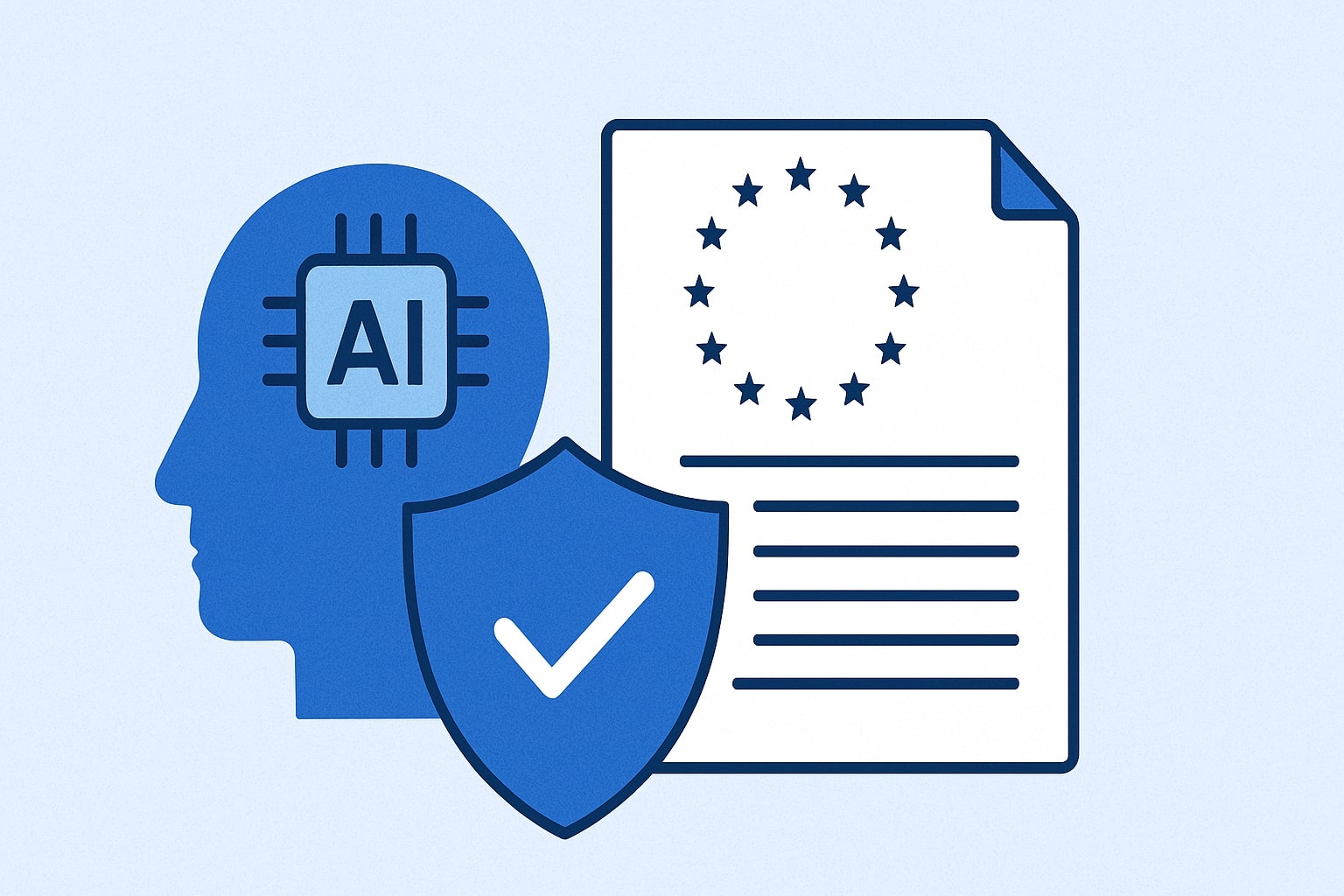Navigating AI Governance and Data Security Regulations in Switzerland: A Strategic Guide
Explore Switzerland's AI governance and data privacy strategies. Learn how to ensure compliance and harness AI's potential with expert insights.
 Source: GuardOS
Source: GuardOS
AI Governance and Data Security in Switzerland: An Overview
In a rapidly evolving technological landscape, Switzerland has emerged as a thoughtful leader, balancing AI governance and data security regulations with innovation and fundamental rights protection.
As Switzerland aims to solidify its position as an innovation hub, this nuanced blend of binding regulations and industry-driven initiatives promises a robust framework.
This blog article explores the strategic roadmap Switzerland is crafting, underscoring its significant implications for businesses and policymakers alike.
The Strategic Framework of AI Governance in Switzerland
A Commitment to Sector-Specific Regulation
While Switzerland lacks comprehensive AI legislation, its regulatory ambitions are clear. In February 2025, the Swiss Federal Council outlined its strategy, emphasizing a commitment to the Council of Europe's AI Convention. This alignment with international standards prioritizes transparency, oversight, and accountability, fostering public trust in AI technologies.
Switzerland's approach is notably sector-specific rather than broad and cross-sectional. This deliberate strategy allows for regulations tailored to diverse AI applications, addressing critical concerns like privacy and fairness.
Binding regulations target essential areas such as data protection, while non-binding measures, including industry initiatives and self-declaration agreements, supplement this framework (source).
By the end of 2026, draft legislation is expected to embed the principles of the AI Convention into Swiss law, extending investigative powers to authorities like FINMA and FDPIC, thereby reinforcing Switzerland's commitment to high ethical standards.
Elevating Switzerland as an Innovation Hub
Switzerland's measured approach aims to regulate and bolster its status as a leader in responsible AI development. The World Economic Forum argues that effective AI governance can drive innovation and growth, provided it protects individual rights. This alignment will also resonate internationally, facilitating cross-border collaboration and data exchange.
Revamped Data Protection Regulations: The Revised Federal Act on Data Protection
Aligning with International Standards
Switzerland's Revised Federal Act on Data Protection (revFADP), effective September 1, 2023, aligns closely with the EU's GDPR, imposing stricter obligations on companies handling Swiss residents' data (source).
The revFADP expands its territorial reach, applying to foreign entities processing Swiss residents' data. This extension underscores Swiss data protection's global impact, advocating adherence internationally. Notably, it introduces new rights such as data portability, ensuring greater individual control over personal information.
Privacy by Design and Default
The act integrates "privacy by design" and "privacy by default" principles (source). These mandates demand privacy considerations from a product's inception, ensuring robust safeguards are integral to AI solutions, not complimentary.
Maintaining High Standards of Data Security
Switzerland enforces stringent data security standards, embedding them within revFADP requirements to implement technical and organizational measures against unlawful data loss and unauthorized access (source).
Cross-Border Data Transfers
The Swiss Federal Council's oversight of data export aligns with EU principles, crucial for facilitating global operations involving cross-border data flows while maintaining uncompromised data protection. Transfers to "safe" countries are subject to stringent evaluations (source).
Sector-Specific AI Applications and Future Developments
Switzerland recognizes AI's varied applications and is implementing regulations in specific sectors like healthcare and transportation (source). The financial sector may see more AI-specific regulations, underscoring a commitment to tailored approaches meeting industry needs without stifling innovation.
Switzerland monitors global AI governance trends, such as the EU's AI Act, influencing its regulatory trajectory (source). Its adherence to technology-neutral, principles-based regulation ensures flexibility and adaptability in an evolving landscape.
Actionable Takeaways for B2B AI Users
- Stay Informed: Regularly update your understanding of regulatory changes in Switzerland and globally to ensure compliance and align strategies with emerging standards.
- Adopt Privacy by Design: Integrate privacy into AI development from the start to meet revFADP standards, enhance trust, and meet customer expectations.
- Evaluate Cross-Border Data Protocols: Assess your data transfer protocols to comply with Swiss and EU data export requirements.
- Engage with Sector-Specific Regulations: Monitor industry-specific AI regulations that could impact compliance and innovation potential.
In summary, Switzerland's approach to AI governance and data security is strategically balanced to foster innovation while protecting rights, positioning the country as a leader in AI governance. By focusing on sector-specific regulations and embracing international standards, Switzerland sets a model for responsible AI development, ensuring a dynamic yet secure technological environment.
We invite you to connect with us for guidance on optimizing compliance with Switzerland's evolving regulatory landscape, offering tailored solutions to empower your business to thrive.


